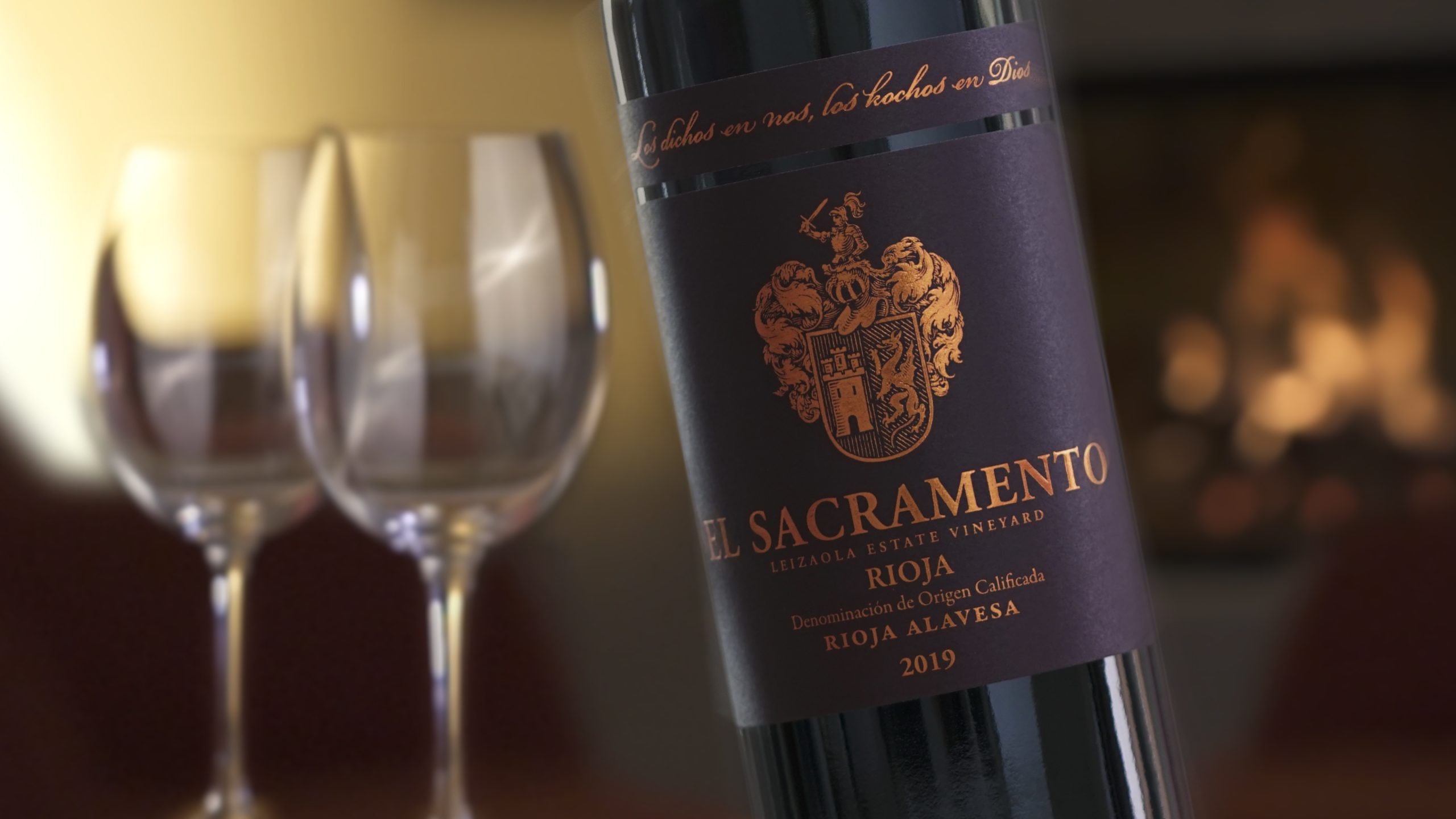Super premium wines and spirits will survive a US recession
By Jessica MasonSuper premium wines and spirits are likely to withstand a recession in the US, according to a new research report from Rabobank.

For over a decade, superpremium wine and spirits brands have enjoyed impressive growth rates and have outpacing the growth of more mainstream and value brands, according to Rabobank. However, the growing expectation of a recession has raised questions about how the segment will perform in the case of a downturn, leading to new research.
According to Rabobank’s global strategist for beverages Stephen Rannekleiv: “Affluent consumers drive demand for super premium brands and may be more recession-resistant under some circumstances, but a look at the results during the global financial crisis suggests that even these consumers are not recession-proof”.
Despite this, Rannekleiv highlighted how consumers reduced demand for super premium brands during the global financial crisis, but reassured that “the decline seems to have tracked changes in household net worth more than changes in annual income”.
He explained: “We have seen the relationship between household net worth and demand for super premium brands hold up in recent years” and observed how “in Q2 2022, household net worth started to decline” but said “our expectation is that demand for super premium brands will soften notably in Q4 and turn noticeably negative in 2023. That said, we believe that the long-term growth trend of super premium brands remains intact”.
Partner Content
Detailing the findings in the new report, Rannekleiv pointed out how “for superpremium wine in particular, it took several years to fully recover from the decline in sales in 2008 and 2009” and explained that predictions were tricky because “while recessions generally have some common symptoms, each is unique in its own way”. However, in the research, Rannekleiv outlined how things could pan out from hereon in for the categories amidst a US recession.
He stated: “This is a critical period for the wine and spirits market more broadly. Improved performance in the on-premise trade during Q4 2022 (compared to a soft Q4 2021) may offset some of the softness expected” and highlighted how “in the case of wine, a temporary easing of demand in the coming year may not be a bad thing, given the impact of wildfires on the 2020 harvest, which is now coming to market. Inventories of the 2020 vintage are tight in Napa in particular”.
Rabobank outlined how in the US wine market, large M&A deals have been occurring at a breakneck pace and have mainly focused on the premium-and-above market segment, including names such as Shafer Vineyards, Joseph Phelps Vineyards, Frank Family Wines, and more. And given the growing appetite for this type of asset, valuations have been hefty – with several large deals rumoured or confirmed at 20X EBITDA or above.
The report identified how “even M&A activity for lower-priced brands (e.g. Constellation Brands’ sale of brands to E&J Gallo Winery, and Treasury Wine Estate’s brand leases to The Wine Group were generally driven by the seller’s interest in focusing efforts on its higher-priced brands”.
Rannekleiv also noted how “super premium wine and spirits brands that can easily shift sales from one channel to another (on-premise to off-premise) will enjoy certain advantages”.
Related news
Should Rioja increase its focus on white wine?
The 'family spirit' behind Champagne Gardet's 130th anniversary




